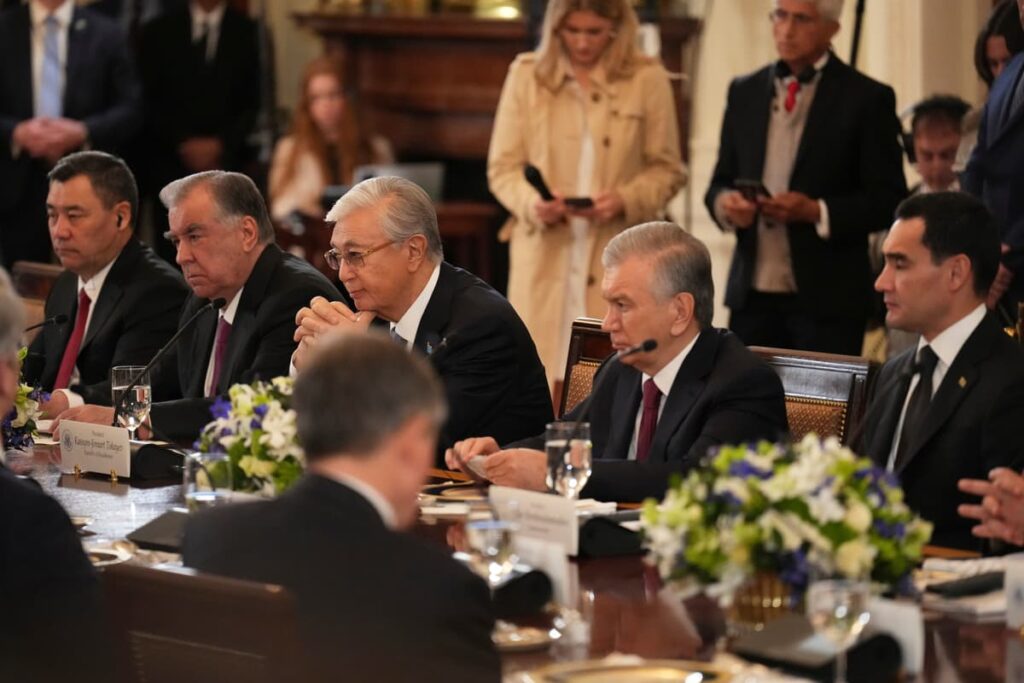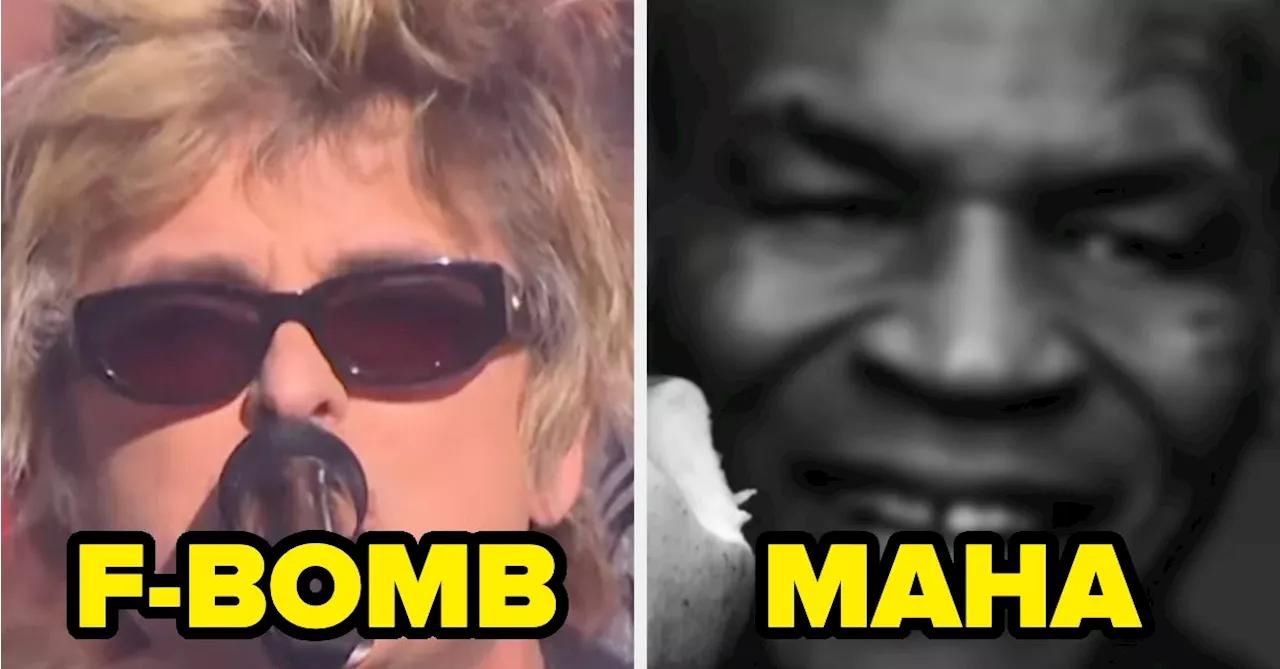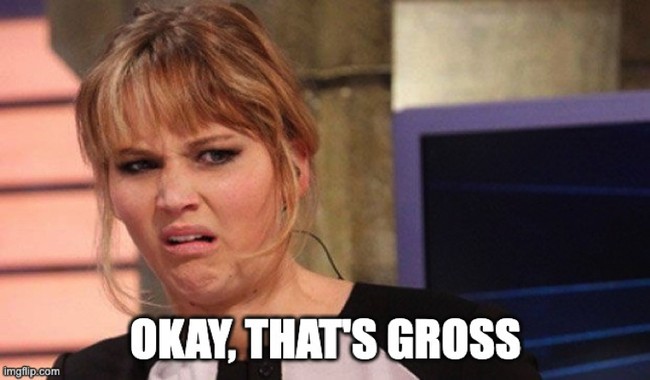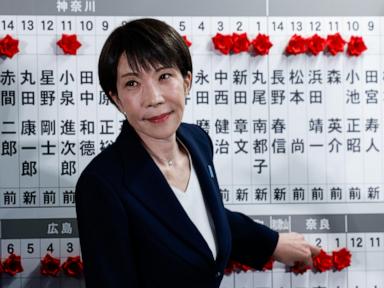
In a significant shift in international dynamics, Russia’s influence is waning across multiple regions, including Central Asia, Africa, and the Americas. This decline was underscored by a recent gathering at the White House, where President Donald Trump hosted the leaders of five Central Asian republics, all of whom were formerly under Russian control. Notably, Kassym-Jomart Tokayev, the president of Kazakhstan, announced intentions to sign the Abraham Accords, further aligning his country with Western initiatives.
Shavkat Mirziyoyev, the president of Uzbekistan, praised Trump as the “president of the world,” highlighting a growing sentiment among these nations to distance themselves from Moscow’s sphere of influence. Analysts suggest that the Kremlin’s grip on former Soviet territories is weakening, especially as its military operations in Ukraine have stalled for almost four years.
Strategic Shifts in Global Alliances
The diminishing power of Russia is evident in Azerbaijan, where President Ilham Aliyev welcomed representatives from 15 NATO countries in Baku. Aliyev assured his guests that his military is modernizing according to NATO standards, signaling a pivot away from Russian military influence.
In an upcoming meeting, Syrian President Ahmed al-Sharaa is set to engage with Trump at the White House. Reports indicate that a potential quid pro quo could see the United States drop sanctions against Syria in exchange for access to a strategic airbase in Damascus. Since assuming power in December, al-Sharaa has managed to push Russian forces out of key military installations, a significant blow to Moscow’s standing in the region.
Meanwhile, the situation in the Americas is also shifting. The USS Gerald Ford, the world’s largest warship, is en route to join a U.S. Navy strike group in the Caribbean, marking the largest military presence in the region since the Cuban missile crisis of 1962. In response, Venezuelan leader Nicolás Maduro has reached out to Russia for military support, but experts indicate that substantial assistance from Moscow is unlikely. An essay from the Atlantic Council noted that during Maduro’s recent visit to Moscow, he returned without new loans or funding, suggesting that Russia’s commitment is faltering.
Challenges in West Africa and the Rise of Extremism
In West Africa, the situation in Mali, a country increasingly aligned with Russia, mirrors the chaotic environment of Vietnam’s last days. The U.S. embassy has urged Americans to evacuate as rebel groups affiliated with Al-Qaeda gain ground. These insurgents have significantly gained territory, controlling areas larger than Texas and California combined.
The security deterioration in Mali escalated after a military coup in 2020 ousted French forces that were combating jihadist groups. In their place, Russian mercenaries have been brought in, although the effectiveness of their support is questioned. The French foreign ministry has expressed concerns about the safety of their citizens in Mali, emphasizing that the presence of Russian forces has not improved security.
This pattern of replacing Western influence with Russian support has also emerged in neighboring Niger and Burkina Faso. U.S. Naval War College professor Christopher Faulkner noted that the Africa Corps of Russia has primarily served to protect authoritarian regimes rather than stabilize the region. Analysts are now wary that if Mali falls completely under extremist control, surrounding nations may follow suit.
As Russia grapples with these international setbacks, there are indications that its foreign minister, Sergei Lavrov, may soon lose his position. His absence from a recent meeting of Russia’s Security Council has led to speculation about his future, especially following tensions with the Trump administration.
In the broader geopolitical landscape, recent U.S.-China negotiations demonstrate a shift in global power dynamics. With Russia increasingly isolated, the potential for a new bipolar world led by the United States and China is becoming more plausible. As Diane Francis noted in her analysis, this emerging structure may further marginalize Russia, which is struggling to maintain its status as a world power.
In summary, the combination of shifting alliances, military setbacks, and internal strife represents a critical juncture for Russia, which is facing an uphill battle to regain its former influence on the global stage.







